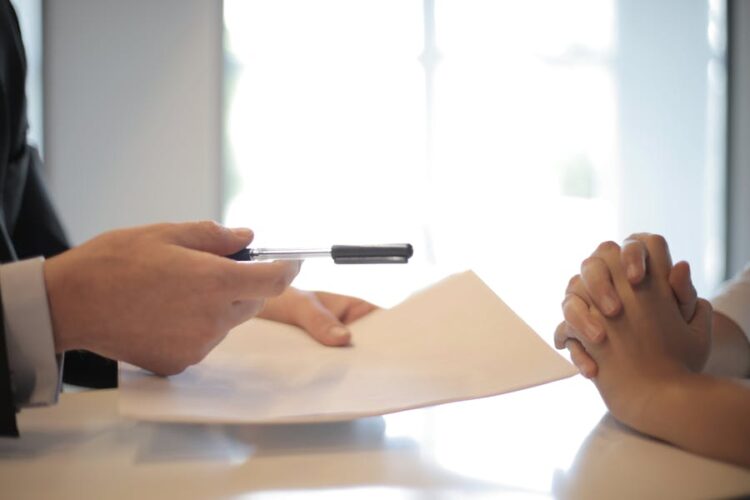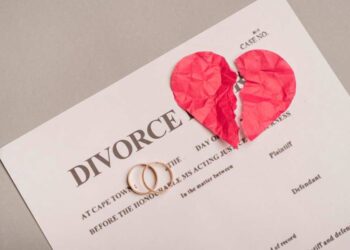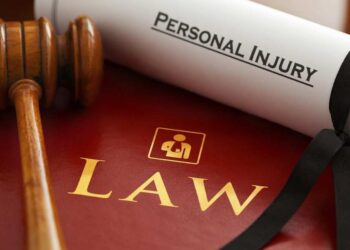Bicycling is a wonderful way to stay fit and reduce your carbon footprint, but it’s not without risks.
Accidents can happen, and when they do, they can lead to serious injuries.
If you find yourself in such a situation, knowing your rights and seeking legal help is crucial to getting the compensation and justice you deserve.
What to Do Right After a Bicycle Accident
If you’ve been in a bicycle accident, acting quickly is important.
Just like drivers, cyclists should report the accident to the police. This official documentation can be a key piece of evidence when dealing with insurance companies and potential legal claims.
If you’re able to, document as much as you can by taking photos and even contacting any witnesses. This can be hard depending on your injuries, but any extra evidence can benefit your case drastically.
Why You Need Legal Representation
Whether your injuries are minor or severe, professional legal advice can not only help protect your rights, but it can often lead to compensation as well.
There are many law firms that specialize in helping bicycle accident victims, with outstanding track records of getting the compensation that victims deserve, so don’t let this daunt you.
Understanding Bicycle Accidents
Bicycle accidents can vary a LOT.
Let’s take a look at the most common causes of bicycle accidents and the impact it can have on the victim and their families.
Common Causes and Fault
Bicycle accidents can happen for many reasons, quite often due to drivers’ negligence.
Common causes include failing to yield at intersections, distracted driving, and speeding.
Even if you’re wearing a helmet, this won’t prevent all injuries if you’re in a collision with a vehicle.
Determining fault in these accidents typically revolves around negligence. If drivers ignore traffic signals or don’t give cyclists enough space, they could be found negligent.
However, cyclists can also be partially at fault if they break traffic laws. This concept, known as comparative negligence, can impact the amount of compensation a cyclist might receive.
This nuance is one of the reasons why hiring a lawyer is a great idea.
The Impact on Victims
The aftermath of a bicycle accident can be devastating.
Injuries can range from minor scrapes to serious conditions like fractures, head injuries, and spinal damage.
But the pain isn’t just physical. Many victims experience emotional distress and psychological trauma that can last for years.
The resulting financial burden can also be overwhelming.
Medical bills, rehabilitation costs, and lost wages can add up quickly. This is where a skilled accident lawyer becomes invaluable, helping you navigate the legal landscape and ensuring you get fair compensation to cover the bills and your time away from work (and more).
The Legal Journey to Compensation After a Bicycle Accident
A few stages are involved with a legal claim following a bicycle accident.
Filing a Personal Injury Lawsuit
After a bicycle accident, gathering strong evidence is crucial. Photos of the scene, police reports, and witness statements can support your claim.
Hiring a personal injury attorney ensures you file your lawsuit correctly and on time, which can literally save thousands.
A personal injury lawsuit starts with drafting and submitting a complaint that details the crash, injuries, damages, and the defendant’s liability.
Your attorney will guide you through the legal process, including dealing with the defendant’s insurance company, which will likely try to minimize their responsibility.
Settlements and Recovering Damages
Most bicycle accident cases are settled out of court. Settlement negotiations involve your attorney and the defendant’s insurance company discussing compensation.
Settlements can cover both economic damages (like medical bills and property damage) and non-economic damages (like pain and suffering). Your attorney’s job is to make sure you get a fair deal. They’ll advise you on whether to accept a settlement from the insurance company or to take the case to court to go for a bigger payout if you deserve it.
If your case goes to trial, the court will decide on the compensation based on the evidence presented. The goal is always to secure the maximum possible damages to support your recovery and financial stability after the accident.
Health, Safety, and Prevention
After a bicycle accident, always seek medical attention, even if you feel fine.
Some injuries, like internal bleeding or brain injuries, might not show symptoms right away and can take weeks or even longer to appear. Prompt medical care can detect these hidden issues early and improve your chances of recovery.
Regular follow-ups help monitor your recovery, and you may need physical therapy to regain full functionality. This can stack up the bills associated with your recovery, yet another reason why legal help should be employed.
Always document your medical treatment, as this can be vital for legal claims later on.
Safety Regulations for Cyclists
Bicyclists must follow the rules of the road. Always use dedicated bike lanes when available. Ensure your bike is outfitted with lights and reflectors to enhance visibility, especially at night.
Wearing a helmet is not just about personal safety; it often aligns with state regulations. In some areas, non-compliance can affect legal outcomes in the event of an accident.
Working with a Bicycle Accident Lawyer
Having an experienced bicycle accident lawyer on your side is crucial to ensure you receive the justice and compensation you deserve for a bicycle accident.
The Importance of Skilled Legal Advocacy
Seeking legal help doesn’t need to be complicated, and a skilled and experienced bicycle accident lawyer can make a significant difference in the outcome of your case.
An experienced lawyer will navigate complex legal procedures, ensuring that deadlines are met and necessary documents are filed efficiently.
These professionals often work on a contingency fee basis, meaning they only get paid if you win your case. Many also offer a free consultation or free case evaluation to assess your situation and provide initial guidance without any financial obligation.










